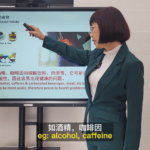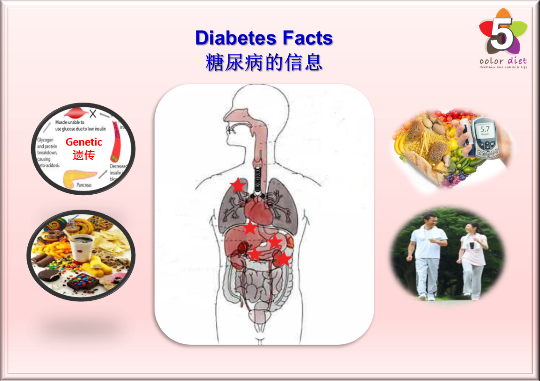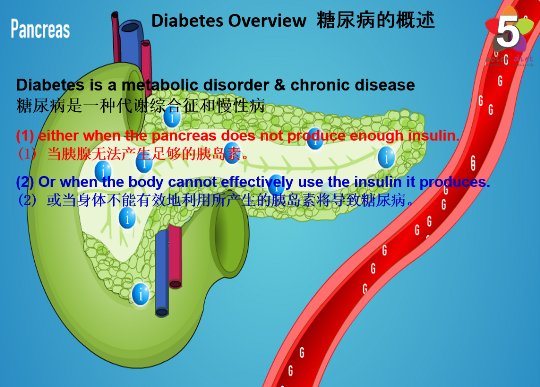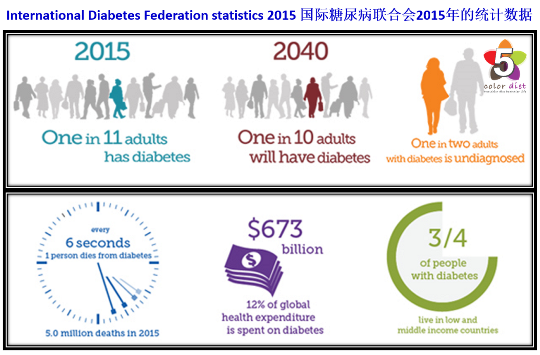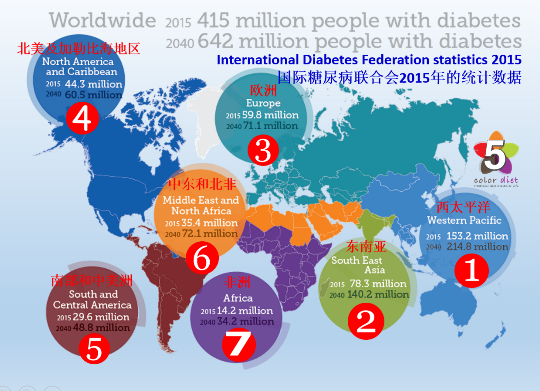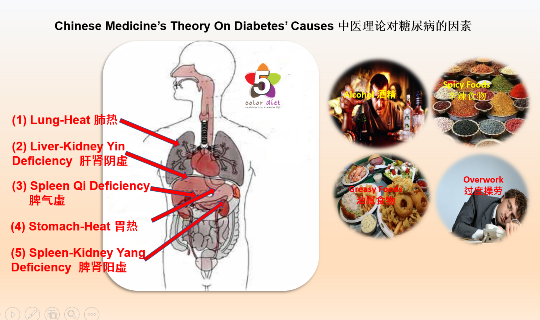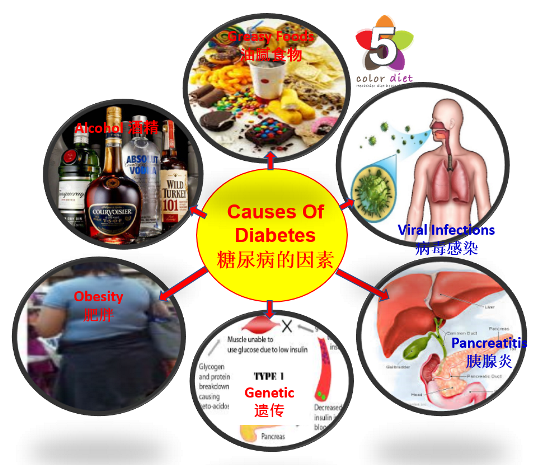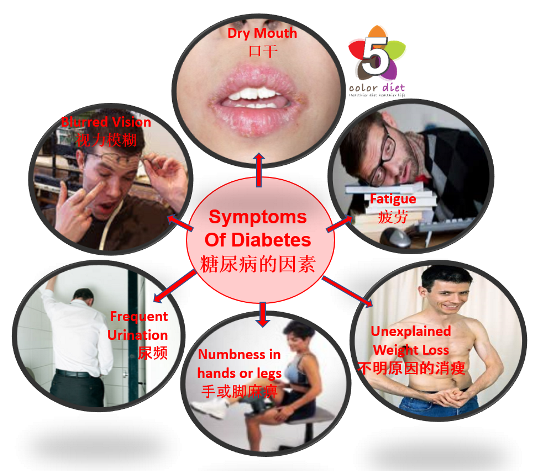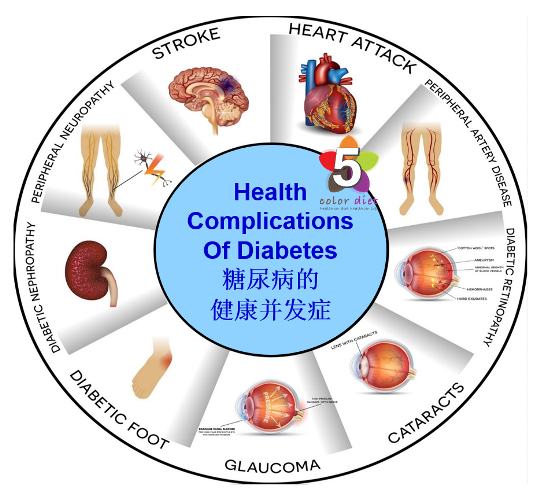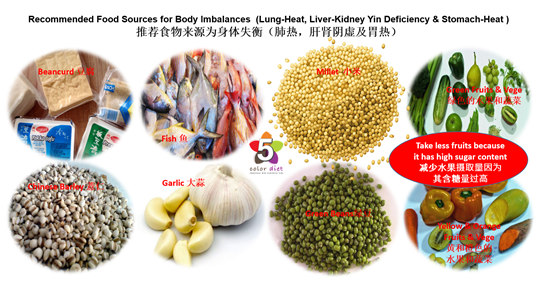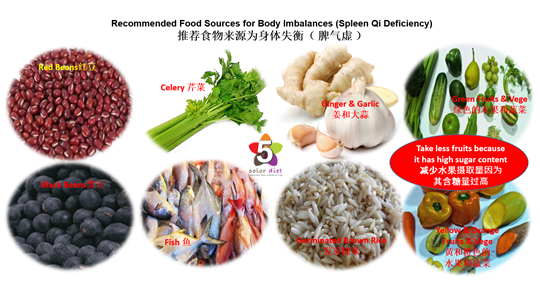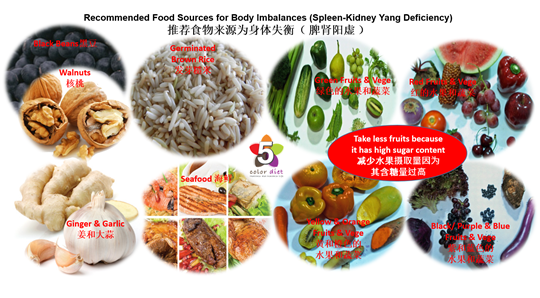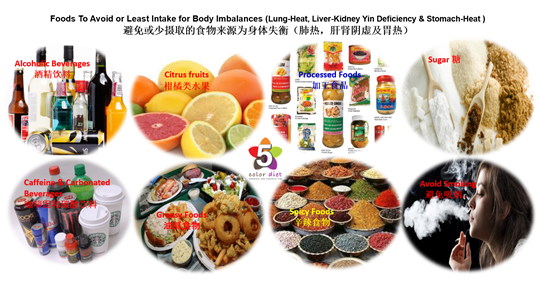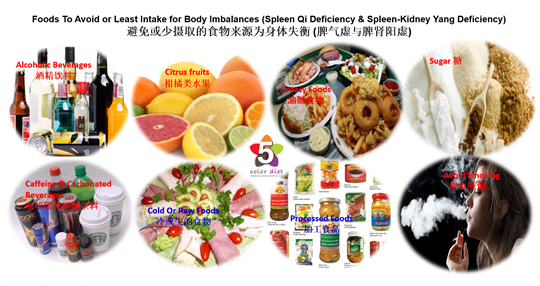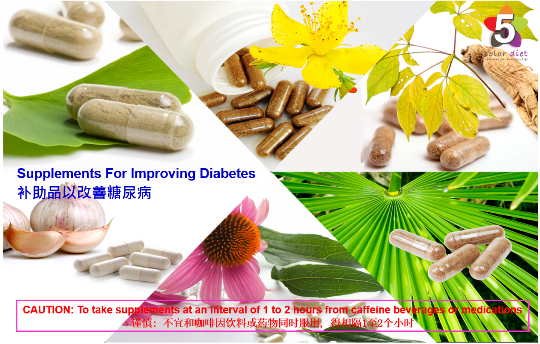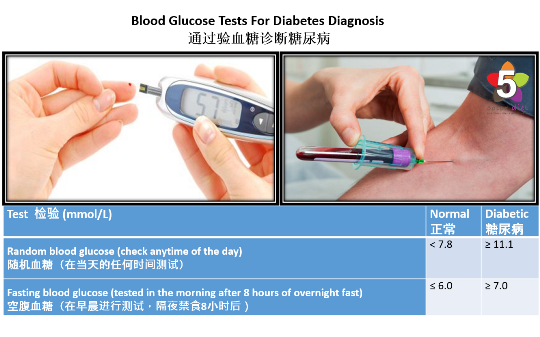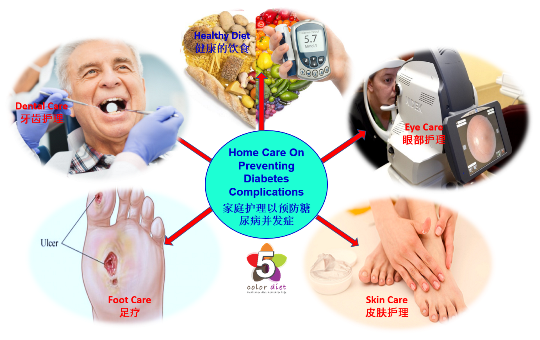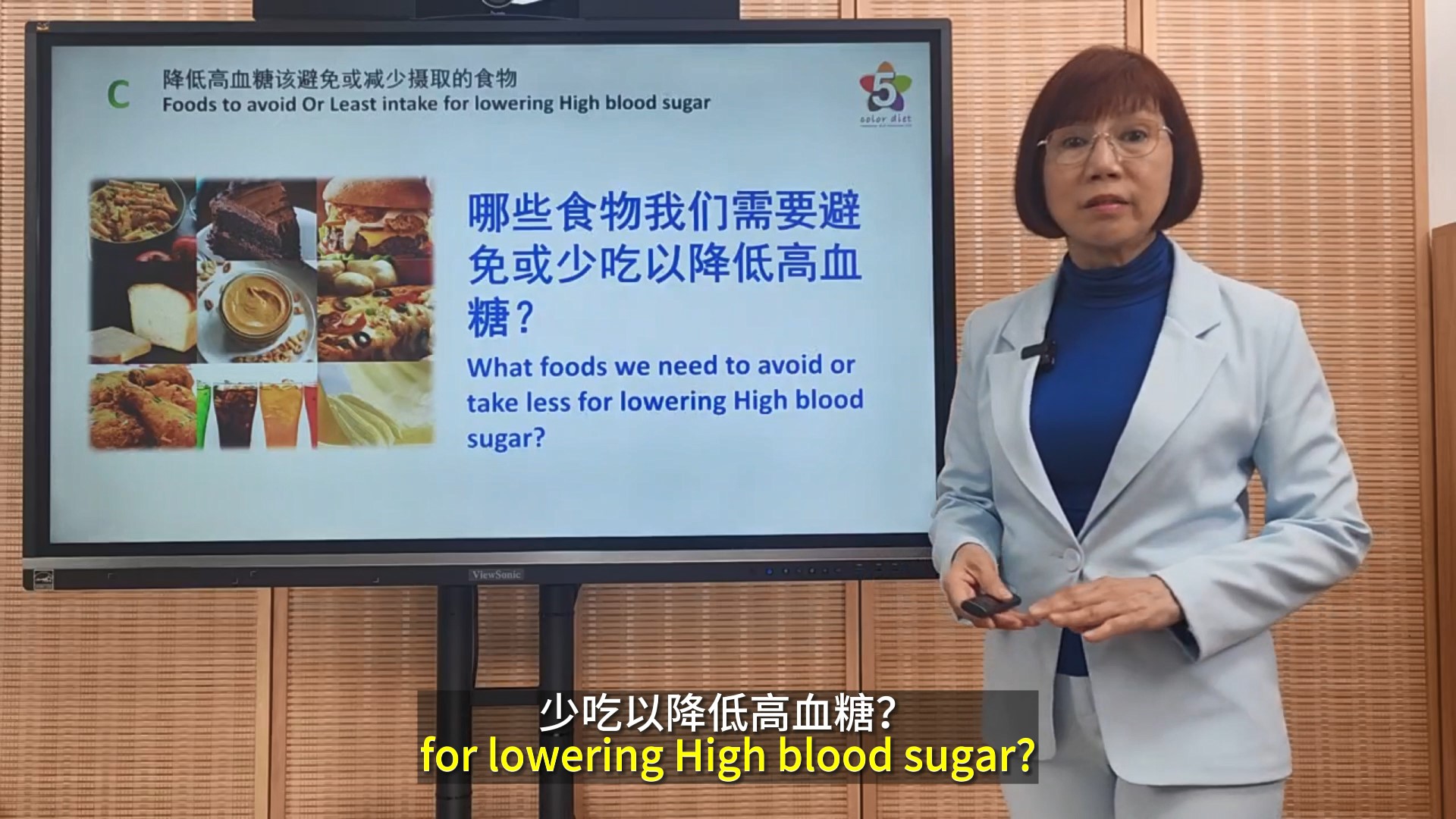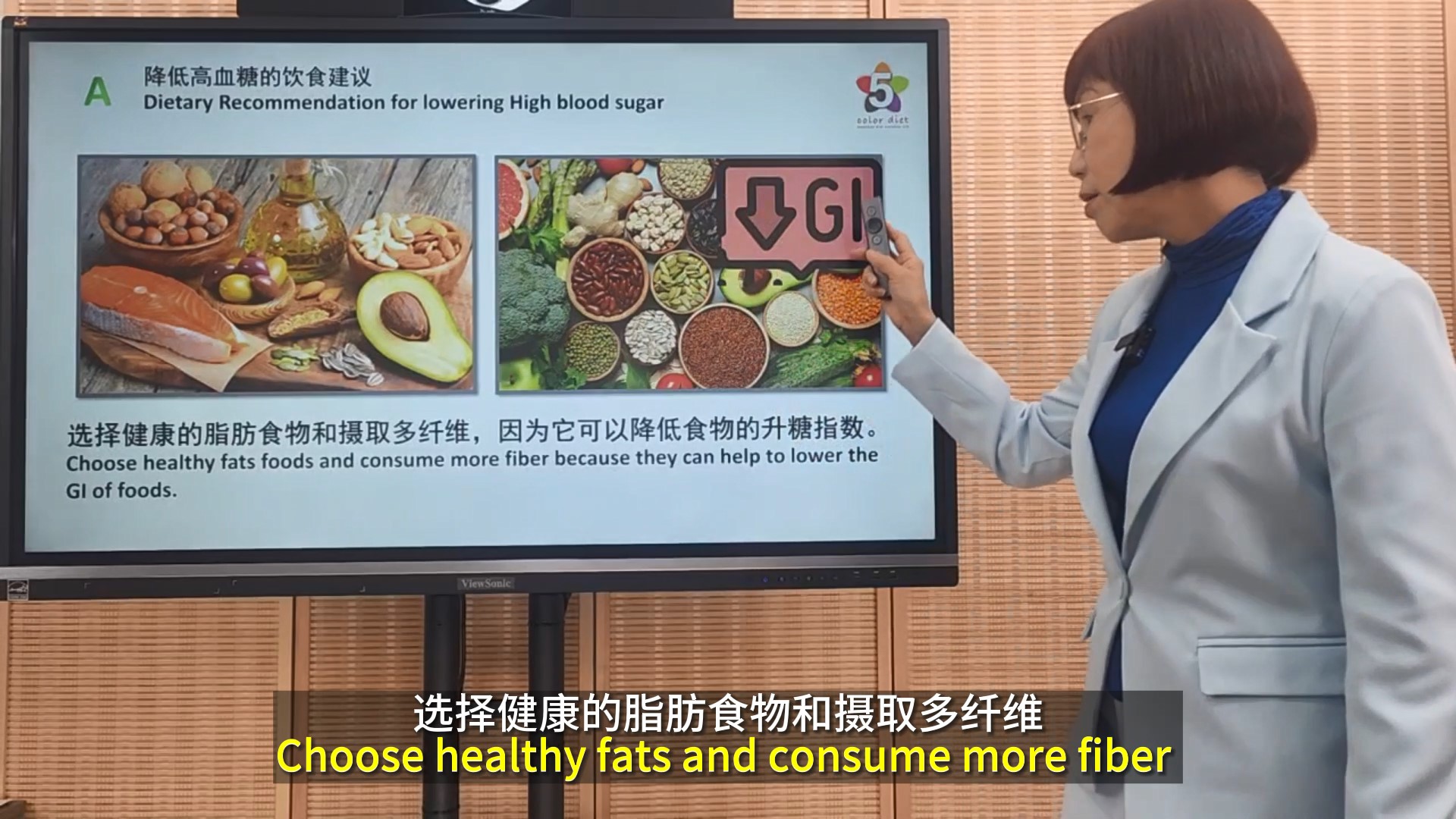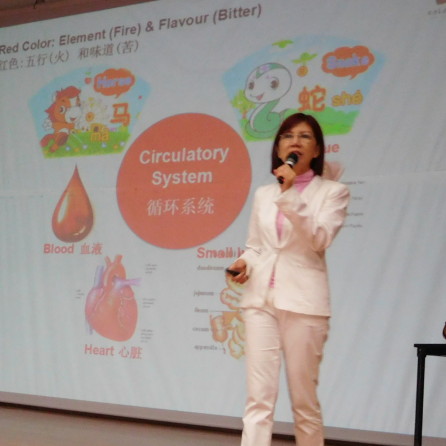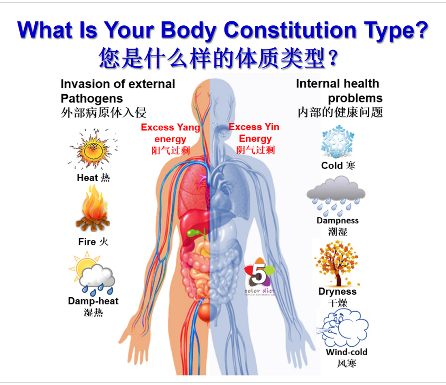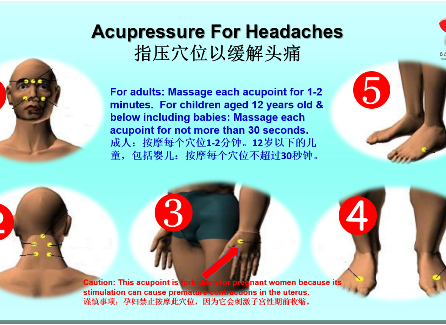
Diabetes Overview
Diabetes (diabetes mellitus) is classed as a metabolism disorder. Metabolism refers to the way our bodies use digested food for energy and growth. Most of what we eat is broken down into glucose. Glucose is a form of sugar in the blood – it is the principal source of fuel for our bodies.
Diabetes is a chronic disease that occurs either when the pancreas does not produce enough insulin or when the body cannot effectively use the insulin it produces. Insulin is a hormone produced by the pancreas to help our body regulate blood sugar. Hyperglycaemia, or raised blood sugar is a common effect of uncontrolled diabetes & over time leads to serious damage to many of the body’s systems, especially the nerves and blood vessels. If left untreated, diabetes can cause many health problems including impotence, amputation, kidney failure, blindness, heart disease, etc. Heart disease is the leading cause of diabetes-related deaths with death rates being about 2 to 4 times as high as that of adults without diabetes.
There are three types of diabetes:
- Type 1 Diabetes: The body does not produce insulin. Approximately 10% of all diabetes cases are type 1.
- Type 2 Diabetes: The body does not produce enough insulin for proper function. Approximately 90% of all cases of diabetes worldwide are of this type.
- Gestational Diabetes: This type affects females during pregnancy.
World Health Organisation (WHO) statistics showed that in 2014, 8.5% of adults aged 18 years and older had diabetes. In 2012 diabetes was the direct cause of 1.5 million deaths and high blood glucose was the cause of another 2.2 million deaths. Almost half of all deaths attributable to high blood glucose occur before the age of 70 years. World Health Organisation (WHO) projects that diabetes will be the 7th leading cause of death in 2030. In 2015, a report by the International Diabetes Federation (IDF) revealed that Singapore has the second-highest proportion of diabetics among developed nations.
Recent studies have shown that more than 90% of diabetes can be treated and its consequences avoided or delayed with diet, physical activity, medication, regular screening and treatment for complications. Healthy diet, regular physical activity, maintaining a normal body weight and avoiding tobacco use are ways to prevent or delay the onset of type 2 diabetes.
Chinese Medicine refers to diabetes as Wasting-Thirst syndrome. The root of Wasting-Thirst is said to be a deficiency of Yin in the body and the presence of a Heat pathogen affecting the Lungs, Stomach, Spleen and Kidneys. When Yin is deficient, Heat from deficiency is produced; likewise, when Heat is present, it “burns up” Yin.
It is common for people diagnosed with diabetes to have a constitutional Yin Deficiency, but the deficiency may develop over time as well. Frequent causes are a diet that includes alcohol, too many spicy, sweet and drying foods, insufficient rest, overwork, and sexual over indulgence. Deficiency of Yin and the presence of the Heat Pathogen lead to the symptoms of diabetes.
Chinese Medicine does not offer a cure for diabetes, but instead aims to optimize the body’s ability to function normally by applying acupuncture, herbs, food therapies, exercising & meditation.
-
How Glycemic Index & Glycemic Load Are Related To Diabetes
The Glycemic Index indicates how rapidly a carbohydrate is digested and released as glucose (sugar) into the blood stream. In other words, how quickly foods break down into sugar in your bloodstream. A food with a high Glycemic Index raises blood sugar more than a food with a medium to low Glycemic Index. But the Glycemic Index does not take into account the amount of carbohydrate in a food. So Glycemic Load is a better indicator of how carbohydrate foods will affect the blood sugar. Find out more at: https://www.5colordiet.com/?p=6927&lang=en
-
Causes Of Diabetes
● Allergies to certain foods (Eg: milk, seafood, preservatives, etc), viral infections and stress are factors that can contribute to the onset or aggravate Type 1 diabetes.
● Emotional disturbances (stress, anxiety & depression).
● Genetic: Genetics plays a part in type 2 diabetes – relatives of people with the disease are at a higher risk.
● Obesity: Obesity & weight gain are important factors that lead to insulin resistance & type 2 diabetes.
● Unhealthy diet: Alcohol, greasy, deep-fried or barbecued foods, red meat, salt & sugar, etc.
● In Chinese Medicine, causes related to diabetes are (1) Lung-Heat (2) Liver-Kidney Yin Deficiency (3) Spleen-Kidney Yang Deficiency (4) Spleen Qi Deficiency (5) Stomach-Heat. -
Symptoms Of Diabetes
Identifying symptoms by which body imbalances you experience & applying the right food therapies will help to improve diabetes better as below stated:
● Symptoms Of Type 1 diabetes include:
– Blurred vision.
– Dry mouth.
– Fatigue (weak, tired feeling).
– Frequent urination.
– Increased thirst.
– Numbness or tingling of the hands or feet.
– Loss of consciousness (rare).
– Unexplained weight loss (even though you are eating and feel hungry).● Symptoms Of Type 2 diabetes include:
– The same as Symptoms of Type 1 as listed above including the below symptoms:
– Itching skin (especially the groin or vaginal area).
– Recent weight gain.
– Slow-healing sores or cuts.
– Yeast infections.● Symptoms Of Lung-Heat: excessive thirst, dry mouth, frequent urination with excess amount, the tongue is red on tip & sides of tongue and possibly with a thin yellow coat.
● Symptoms Of Liver-Kidney Yin Deficiency: dizziness, excessive urination, dry lips, dry mouth, dry & itchy skin, heat sensation in the palms & soles, night perspiration, nocturnal emission, sore throat, tidal fever, tinnitus, toothache and the tongue is red with little coating. Most patients will have some weakness of both knees and sore at the lower back.
● Symptoms Of Spleen Qi Deficiency: loose stools, low energy, distention and gas after meals, weak limbs, scallops on the side of the tongue, and sometimes a loss of appetite. Spleen Qi Deficiency is also indicated in cases of insulin resistance and hypoglycemia which are often considered pre-diabetic conditions. The pancreas is a part of the Spleen energetic organ system and a Spleen imbalance is typical when dealing with diabetes.
● Symptoms Of Spleen-Kidney Yang Deficiency: feelings of coldness throughout the body, fatigue, frequent urination, weakness, sore lower back and knees, and a shortness of breath. These symptoms become more common as we age.
● Symptoms Of Stomach Heat: Stomach Heat can develop due to Stomach Yin Deficiency possibly created by poor diet. Signs would include thirst, a big appetite, and yellow coated tongue. The temptation is to drink iced drinks to cool the heat and quench the thirst in this pattern, but the tactic backfires by forcing the stomach to constantly create heat so that it can maintain an optimum temperature for digestion.
-
Health Complications Caused By Badly Controlled Diabetes
● Erectile dysfunction: Male with badly controlled diabetes may have impotence.
● Eye complications: Glaucoma, cataracts & diabetic retinopathy, etc.
● Foot complications: Neuropathy, ulcers, and sometimes gangrene which may require that the foot be amputated.
● Gastroparesis: The muscles of the stomach stop working properly.
● Gum disease: There is a much higher prevalence of gum disease among diabetes patients.
● Healing of wounds: Cuts and lesions take much longer to heal.
● Hearing loss: Diabetes patients have a higher risk of developing hearing problems.
● Heart problems: Heart problems like ischemic heart disease which is a disease characterized by reduced blood supply to the heart.
● Hypertension: Common in people with diabetes, which can raise the risk of kidney disease, eye problems, heart attack & stroke.
● HHNS (Hyperosmolar Hyperglycemic Nonketotic Syndrome): Blood glucose levels shoot up too high & there are no ketones present in the blood or urine. It is an emergency condition.
● Infections: People with badly controlled diabetes are much more susceptible to infections.
● Ketoacidosis: A combination of ketosis & acidosis which the accumulation of ketone bodies and acidity is in the blood.
● Mental health: Uncontrolled diabetes raises the risk of suffering from depression, anxiety & some other mental disorders.
● Nephropathy: Uncontrolled blood pressure can lead to kidney disease.
● Neuropathy: Diabetic neuropathy is a type of nerve damage which can lead to several different problems.
● PAD (Peripheral Arterial Disease): Symptoms of Peripheral Arterial Disease may include pain in the leg, tingling and sometimes problems walking properly.
● Skin complications: People with diabetes are more susceptible to skin infections & skin disorders.
● Stroke: If blood pressure, cholesterol levels, and blood glucose levels are not controlled, the risk of stroke increases significantly.
It is possible to have diabetes with only very mild symptoms or without developing any symptoms at all. Such cases can leave some people with diabetes unaware of the condition and undiagnosed. This happens in around half of people with type 2 diabetes. -
Recommended Food Sources For Improving Diabetes
Taking the right food sources by identifying which body imbalances you experience, will help to improve diabetes better as below stated:
● Food Sources For Improving Diabetes Related To Lung-Heat:
● Bean: Beancurd, green beans, green bean sprouts, miso paste, soybean products & tempeh, etc.
● Fruits: All type of berries, apples, Chinese pears, grapefruits, lemons, pears, peaches, persimmons, pineapples, star-fruit, sugarcane & watermelon especially green/ brown/ tan & white fruits, etc. Take less fruits because of its high sugar content.
● Grains: Barley, Chinese barley, millet & whole wheat, etc.
● Herbs & Spices: Peppermint.
● Meat & Seafood: Fish & chicken.
● Vegetables: Asparagus, bamboo shoots, black fungus, broccoli, cabbage, carrots, cauliflower, celery, cucumber, eggplant, lettuce, lily bulb, lotus root, kelp, pumpkin, spinach, Swiss chard, radishes, seaweed, tomatoes, turnips, water chestnut, watercress, white fungus & zucchini especially green/ brown/ tan & white vegetables, etc.
● Others: Yogurt and Teas (Eg: Chrysanthemum, green tea, lotus leaf & peppermint, etc).● Food Sources For Improving Diabetes Related To Liver-Kidney Yin Deficiency:
● Beans, Nuts & Seeds: Beancurd, bean sprouts, adzuki beans, black beans, mung beans, miso paste, soybeans & tempeh. All nuts & seeds.
● Fruits: All type of berries, apples, banana, cherries, coconut, goji berries, grapes, lychees, mangoes, melons, mulberries, peaches, pears, plums, pomegranate, raisins especially green/ black/ purple/ blue/ orange & yellow fruits, etc. Take less fruits because of its high sugar content.
● Grains: Barley, millet, oats, whole wheat & white rice.
● Herbs & Spices: American ginseng, Cordyceps, Dan Sheng, mulberry leaves & wheatgrass, etc.
● Meat, Poultry & Seafood: All seafood & white meat.
● Vegetables: Beetroots, black fungus, carrots, celery, kelp, lettuce, lily bulbs, lotus root, mushrooms, pumpkin, seaweed, spinach, string beans, sweet potatoes, tomatoes, waxgourd, wheatgrass, white fungus, zucchini especially green/ black/ purple/ blue/ orange & yellow vegetables, etc.
● Others: Blackstrap molasses, Teas (Eg: Chrysanthemum, chamomile, parsley, etc), dairy products in moderation (Eg: cheese, eggs, milk & yogurt), healthy oils (Eg: almond oil, flaxseed oil, olive oil), honey, marmite & vegemite, etc. Advisable to drink water, fruit juices & soups regularly.● Food Sources For Improving Diabetes Related To Stomach Heat:
● Bean, Nuts & Seeds: Beancurd, green beans, soybean products, miso paste, tempeh & yogurt, etc.
● Fruits: Apples, banana, Chinese pears, kiwi, mangoes & pears especially green/ orange & yellow fruits, etc. Take less fruits because of its high sugar content.
● Grains: Barley, Chinese barley, millet, oats, rice & wheat, etc.
● Herbs & Spices: Peppermint, mulberry leaves, etc.
● Meat & Seafood: Black-boned chicken, clams, crab & oysters, pigeon eggs, etc.
● Vegetables: Asparagus, alfalfa sprouts, arugula, avocado, bamboo shoots, broccoli, cabbage, cauliflower, celery, cucumber, eggplant, kelp, lettuce, purslane, radish, seaweed, spinach, Swiss chard, tomatoes, water chestnut, watercress, watermelon & zucchini especially green/ orange & yellow vegetables, etc.
● Others: Teas (Eg: Chrysanthemum, green tea, lotus leaf, mulberry leaves & peppermint, etc).● Food Sources For Improving Diabetes Related To Spleen Qi Deficiency:
● Bean, Nuts & Seeds: Black beans, chick peas, chestnuts, fava beans, kidney beans, lotus seeds & walnuts, etc.
● Fruits: Dates, cherries, figs, stewed fruits & sugarcane especially green/ orange & yellow fruits, etc. Take less fruits because of its high sugar content.
● Grains: Cooked whole grains (Eg: amaranth, buckwheat, cereals, oats, brown rice, millet & quinoa), hulled wheat, roasted barley.
● Herbs & Spices: Black pepper, cinnamon, garlic, ginger, fennel, nutmeg, onions, etc.
● Meat & Seafood: Fish (Eg: Anchovy, catfish, eel, mackerel, perch & tuna, etc). In moderation for beef, chicken, duck & mutton, etc.
● Vegetables: Carrots, corn, green peas, leeks, mushrooms, parsnips, pumpkin, sweet potatoes, turnips & yam especially green/ orange & yellow vegetables, etc.
● Others: Blackstrap molasses, maltose, rice syrup and Teas (Eg: cinnamon, ginger, fennel & nutmeg, etc).● Food Sources For Improving Diabetes Related To Spleen-Kidney Yang Deficiency:
● Bean: Black beans, black sesame seeds, chestnuts, chick peas, pistachios & walnuts, etc.
● Fruits: All berries, dates & stewed fruits especially green/ black/ purple/ blue/ orange & yellow fruits, etc. Take less fruits because of its high sugar content.
● Grains: Cooked grains, hulled wheat, oats & roasted barley, etc.
● Herbs & Spices: Black pepper, cinnamon, cloves, fennel, fenugreek, garlic, ginger, nutmeg, onions, parsley, peppermint, rosemary, spring onions, star anise & turmeric, etc.
● Meat & Seafood: All seafood. Moderation for white & red meat etc.
● Vegetables: Carrots, chives, green peas, leeks, parsnips, pumpkin, sweet potatoes, turnips & yam especially green/ black/ purple/ blue/ orange & yellow vegetables, etc.
● Others: Soups & Teas (Eg: Cinnamon, fennel, fenugreek, ginger, nutmeg, rosemary & turmeric, etc). Moderation for blackstrap molasses, maltose & rice syrup, etc.Advisable to eat a calorie-controlled diet broken down into five or six small meals over the course of the day. Also, consume a high diet in fiber of fruits & vegetables helps to improve diabetes.
-
Foods To Avoid Or Least Intake For Improving Diabetes
Avoiding or least intake of foods by body imbalances help to improve diabetes better as below stated:
● Foods To Avoid Or Least Intake For Improving Diabetes Related To Lung-heat:
● Alcohol, caffeine beverages, carbonated beverages, chocolates, citrus fruits, fried or greasy foods, peanuts, pickles, processed foods, pungent herbs (Eg: basil, capsicum, cinnamon, cloves, garlic, ginger, horseradish, leeks, onions, shallots, etc), red meat, shrimps, spicy foods & vinegar, etc.
● Avoid smoking & stress.● Foods To Avoid Or Least Intake For Improving Diabetes Related To Liver-Kidney Yin Deficiency:
● Alcohol, caffeine beverages, carbonated beverages, chocolates, citrus fruits, pickles, pungent herbs (Eg: basil, capsicum, cinnamon, cloves, garlic, ginger, horseradish, leeks, onions, shallots, etc), red meat, shrimps, spicy foods & vinegar, etc.
● Avoid smoking & stress.● Foods To Avoid Or Least Intake For Improving Diabetes Related To Stomach Heat:
● Alcohol, caffeine beverages, carbonated beverages, chocolates, citrus fruits, fried or greasy foods, processed foods, pungent herbs (Eg: basil, capsicum, cinnamon, cloves, garlic, ginger, horseradish, leeks, onions, shallots, etc), red meat, shrimps, spicy foods & vinegar, etc.
● Avoid smoking & stress.● Foods To Avoid Or Least Intake For Improving Diabetes Related To Spleen Qi Deficiency:
● Alcohol, caffeine beverages, carbonated beverages, citrus fruits, cold or raw foods (Eg: iced drinks, salads or white/ tan & brown fruits & vegetables), dairy products except yogurt, fried or greasy foods, processed foods, seaweed, spinach, sprouts, soybean products, tomatoes, wheat products & refined sugars (Eg: biscuits, cakes & pastries), etc.
● Avoid smoking & stress.● Foods To Avoid Or Least Intake For Improving Diabetes Related To Spleen-Kidney Yang Deficiency:
● Alcohol, caffeine beverages, carbonated beverages, citrus fruits, cold or raw foods (Eg: iced drinks, salads or white/ tan & brown fruits & vegetables), dairy products except yogurt, fried or greasy foods, glutinous rice, peanuts, processed foods, salt, seaweed, spinach, sprouts, soybean products, tomatoes, vinegar, wheat products & refined sugars (Eg: biscuits, cakes & pastries), etc.
● Avoid smoking & stress. -
Supplementary For Improving Diabetes
● Herbs: Aloe Vera, American Ginseng, Bitter Melon, Burdock, Cactus, Cinnamon, Cordyceps, Dan Sheng, Dandelion, Echinacea, Garlic, Ginseng, Grapeseed, Gymnema Sylvestre, Licorice, Lingzhi, Milk Thistle, Olive Leaf, Pomegranate, Reishi Mushrooms, Royal Jelly, Slippery Elm Bark & Spirulina, etc.
● Amino Acids, Vitamins & Minerals: Vitamin A, Vitamin B Complex, Vitamin C with Bioflavonoids, Vitamin E, Alpha Lipoic Acid, Calcium, Choline, Chromium, Co-Enzyme Q10, L-Cysteine, Essential Fatty Acids, Lecithin, Magnesium, Methionine, Omega-3 Fatty Acids, Selenium, Vanadium & Probiotics with Prebiotics, etc. -
Other Alternative Therapies For Improving Diabetes
● Acupuncture: Acupuncture helps to address nerve pain, poor blood circulation, re-direct energy flow & restore harmony to the body.
● Exercise: Regular exercise reduces stress that can contribute to the development of diabetes. Eg: Brisk walking, Qigong, Tai Chi & Yoga, etc.
● Massage: Tuina is a traditional form of Chinese massage that stimulates acupuncture points & other parts of the body to create balance and harmony in the system.
● Meditation: Apply meditation 1 to 2 times daily. Helps to relieve stress. Stress increases your glucose needs & regulation. - Blood Glucose Tests For Diabetes Diagnosis
-
Home Care On Preventing Diabetes Complications
The key to preventing diabetes complications is to take extra care of your immune system, dental care, eye care, foot care & skin care so that any health problems can be discovered early. Seek medical attention immediately shall any problems occur.
Health Care
A diabetic person has to take extra care of his body to maintain good health by eating a healthy diet which will help you to keep your blood glucose under control & exercise also helps to control your weight.Dental Care
Dental care is important as many infections start in the mouth.● Brush your teeth twice a day – after breakfast and before bedtime.
● Use a soft toothbrush to prevent gum injury.
● Rinse your mouth after every meal or snack.
● Floss your teeth gently after meals to remove food particles between your teeth.
● Dental check-ups: Inform your dentist that you have diabetes and visit him at least once a year.Eye Care
Diabetes can cause severe eye problems where the small blood vessels in the eyes become damaged (diabetic retinopathy) and can lead to blindness.● It is important to have regular eye check-ups at least once a year.
● You can get your retinae (inside surfaces of your eyes) photographed by a procedure called retinal photography to detect any damage to small blood vessels. The doctor might also perform laser photo-coagulapathy, a form of high-powered light and heat energy, to prevent further damage.Foot Care
As a diabetic, you have a higher risk of foot problems. In serious cases, it can lead to amputations. Taking care of your feet is very important:● Wash your feet daily with soap and water.
● After washing, dry them fully, especially in between the toes.
● Keep your toe nails short, trimming them straight across to avoid ingrown toenails.
● Moisturise your feet daily to prevent dryness and cracking of the skin.
● Examine your feet daily for scratches, cuts, blisters and corns. Use a mirror to check the sole of your feet.
● Use shoes that fit well and wear clean cotton socks which have loose fitting elastic tops.
● See your family doctor for screening of your feet every year.
● If you have any corns or any wounds that are not healing well, seek help from your doctor as soon as possible.Skin Care
Avoid skin injury as diabetes makes the skin more prone to many problems such as rashes, infections and colour changes.● Wash every part of the body while bathing using mild soap and warm water.
● Dry all parts of the body using a clean towel.
● Pay attention when washing and drying skin folds in areas such as under the breasts, abdominal folds and groin area.
● Apply moisturising cream to keep skin moist and soft.
● Treat all cuts and scratches at once, wash with soap and water and then apply mild antiseptic lotion.
● See a doctor if the skin injury does not heal in 2-3 days.










